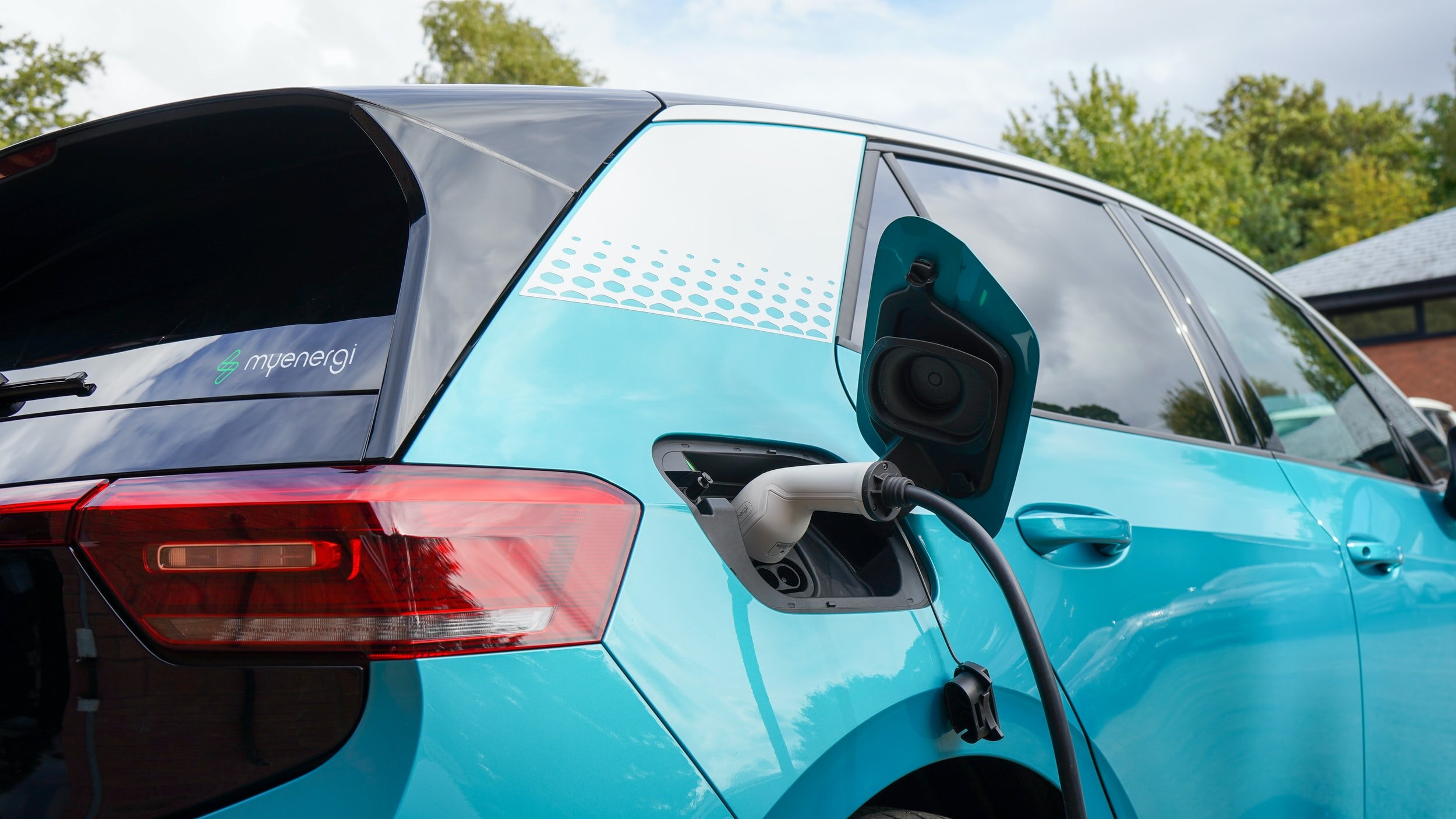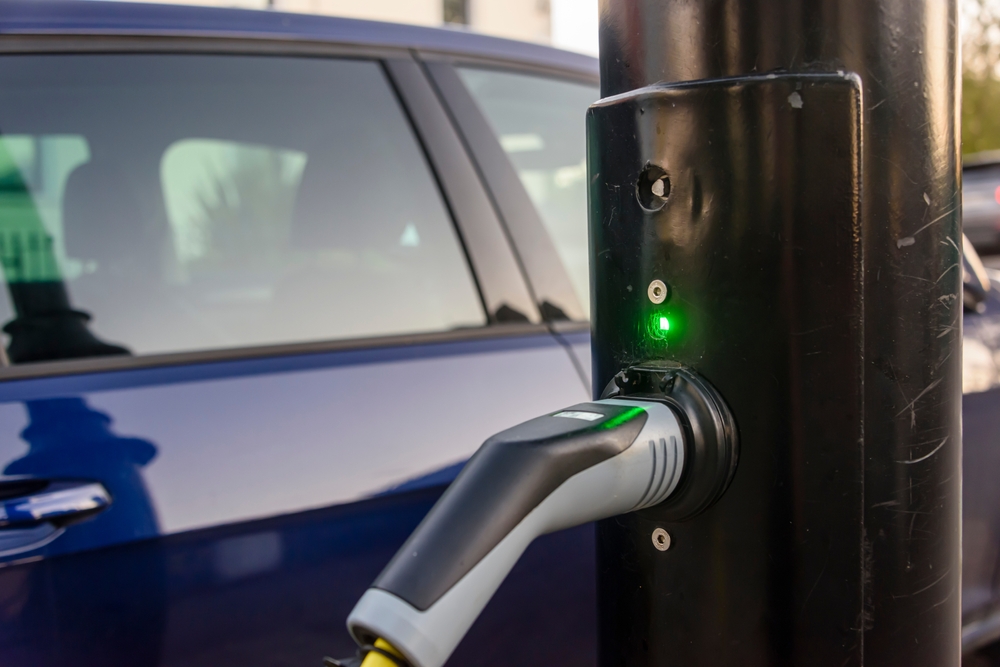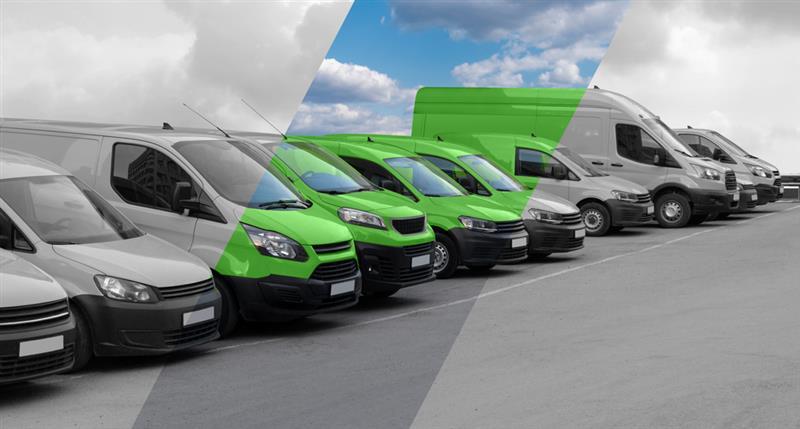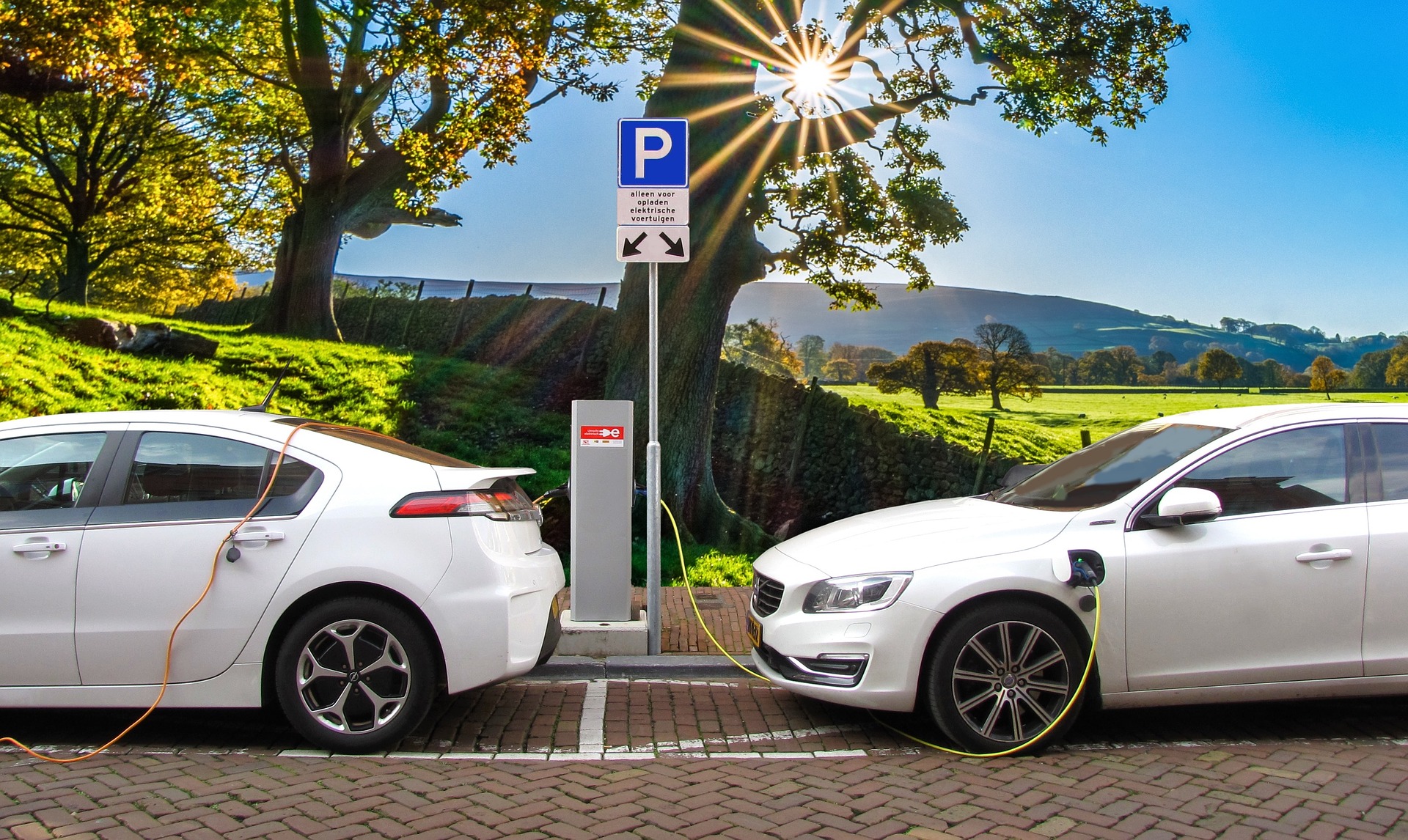The EV revolution is powering up and businesses are taking the driving seat. According to the Society of Motor Manufacturers and Traders (SMMT), last year businesses and large fleets purchased almost twice as many electric vehicles as private owners.
With a suite of government backed grants, benefits and incentives to accelerate the UK towards its net-zero goals, and the rising demand from both consumers and employees to see businesses embrace sustainability through their Corporate Social Responsibilities, it’s no surprise that businesses across all sectors are leading the charge and beginning their journey towards e-mobility.

Whether electrifying a fleet or providing charging opportunities for employees, visitors and consumers, once the decision to go electric has been made, businesses may find themselves facing a number of hidden challenges to installing, setting up and managing their EV charging infrastructure.
This article navigates the potential bumps in the road to adopting EV for business, looking at installation, logistical, financial and user challenges that this new and evolving landscape brings with it.
Installation challenges:
Chargers and Management Platforms
In a new and fast moving market, businesses will want to ensure that their EV solutions are flexible and have the ability to evolve as the EV roll out gathers pace. Businesses may need to decide what relationship they want to see between their physical chargers and the platforms that power them.
For example, a charger may come with its own system – an all-round solution, ready to go. But with it may also come vendor lock-in, removing the freedom to switch to an alternative platform should the business’s initial needs evolve.
Opting for an OCPP compliant, hardware agnostic platform that complements their chosen hardware allows businesses to remain flexible and adapt their charge point management without restrictions.
Managing the power supply
Sometimes the easiest obstacles to overlook are the most obvious. Does the site currently get enough electricity to charge multiple vehicles? What is the current usage, the current limits? Partnering with a well rated installer can take the burden of working out power supply needs. Businesses may need to factor in increasing their supply from their DNO - or perhaps not, if they have a smart charging solution…
Charging multiple vehicles at the same site can put a strain on the power supply, and if not managed effectively, exceed supply limits and incur penalties. But with smart charging, businesses can manage the load, optimising the charging of their entire fleet with intelligent energy management.
Logistical challenges:
(Particularly effecting Fleet and Rental Markets)
Multi Vehicle Charging
As well as ensuring the power supply is well optimised, multi vehicle charging for fleet and in particular the rental market poses another challenge: ensuring the right vehicles are optimally charged at the right time. Load balancing is a good start, but businesses need a solution to ensure their vehicles will be ready to leave the depot on time, and have enough charge to fulfil varying mileages for the day.
These businesses will need a smart charging solution that offers load balancing and prioritised charging across an entire fleet. For larger networks, the solution should be distributed across multiple sites, across the internal infrastructure, not just restricted to one physical setting.
On the Road Charging
Another common challenge faced by businesses looking to move fleets and company cars to electric vehicles is the ability to charge on the road. For longer journeys the need may come for charging to take place away from the home or depot. According to ZapMap there are now over 40,000 charge points located across the UK – powered by a raft of platforms, accessible through a library of apps and charging cards.
Interestingly the ratio of chargers to EVs is likely the greatest it will ever be, now that the purchase of new EVs are set to rise. With more EVs on the road, and the ratio of chargers to vehicles lowering, the ability to roam between charge networks, use booking systems and good charge point maintenance will become more and more essential.
Financial Challenges
Financial challenges of EV roll out will differ by sector, but the ability to ensure the ongoing charging solution is cost efficient is universal. Smart charging again comes into play, with the ability to optimise charging to take advantage of cheaper electricity tariffs.
Expensing and Re-Charging
At times it may make more sense for employees to charge their vehicles at home, rather than return and collect from the depot or workplace. This poses a real challenge for employers when it comes to reimbursing staff for their home electricity used to charge their company vehicles.
Similarly, the rental market is faced with the challenge of how to charge drivers who do not return their vehicles fully charged. And many other industries will experience similar niche invoicing issues that they need to iron out with their EV solutions and processes.
Choosing a Business model
For more consumer facing industries, the question remains on what model to adopt when offering EV charging. Do they offer free charging with the hopes of attracting customers and extending browse time; charge for use and simply break-even; or set tariffs to make their EV chargers profitable and produce supplementary revenue. Savvy businesses may have the opportunity of adopting a more advance model: setting select opening hours to the public whilst the chargers are not in use by staff, for example.
Charge point back end systems will need to be able to handle the complexities of setting these varying models…
SMMT User Challenges
Multi Tariffs
When planning the install of EV charging, businesses will need to be mindful of the range of EV drivers they need to cater for. Each industry will have it’s own niche users. Hotels for example will need to balance the needs of their guests, suppliers and staff. Leisure centres may wish to offer free charging for members and staff, and allow payment from other users.
These businesses will need to consider how they can easily setup and manage multi tariff charging within their back end system.
ICEing and Bay Hogging
With new technologies come new user behaviours, and one of the potentially overlooked challenges for EV roll out within businesses is ICEing – whereby a non EV driver parks in the charging bay, blocking access to the charge point. Bay hogging poses a similar access issue, with EV Drivers parked in the space without charging.
A solution which alerts operators or parking enforcement to ICEing and bay hogging instances would help alleviate this problem. A booking system would help ensure drivers have access to a charger when they need, planning their journey and charging experience effectively.
So how can businesses ensure a smooth EV roll out?
These are just a handful of the hidden challenges facing businesses as they begin to their EV roll out. Each industry will face their own specific challenges too, so those who with a knowledgeable installer or directly with a Charge Point Management Platform that is constantly evolving, will be in the best position to tackle the nuances that transitioning to EV may bring them.
Fuuse is a modular, hardware agnostic charge point management platform, which is constantly being developed to solve these exact challenges emerging from the business sector as EV roll out takes off. With dedicated Research and Development coming from our parent company, Miralis Data, Fuuse is at the cutting edge of innovation in the EV space, partnering with key players in the industry to smooth out EV problems with intuitive, flexible solutions.







